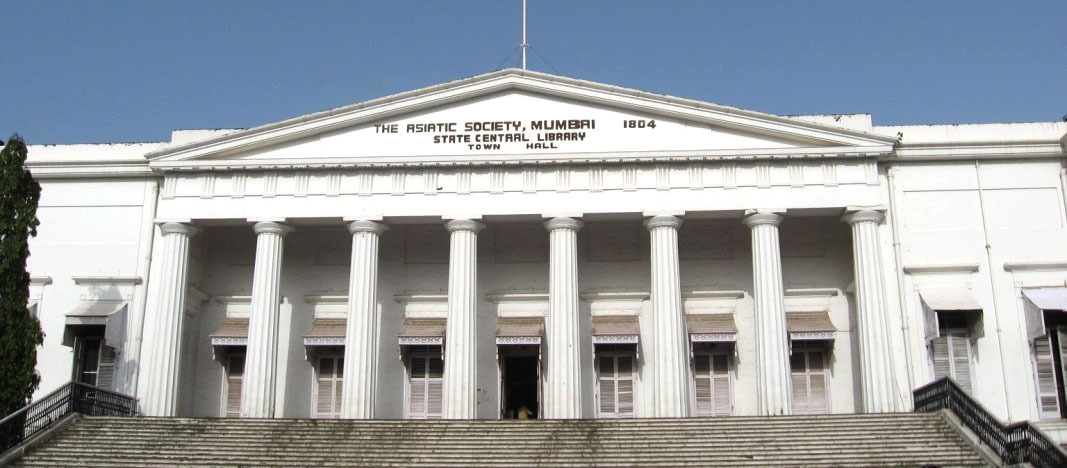
Mumbai: Today morning I experienced petty policing in a library, and it became clearer to me that the 220-year-old prestigious Asiatic Library, located in Mumbai’s Fort area, is comparatively much more democratic and open.
Most of Asiatic’s lectures are free, and no prior registration is needed. The big open space at the entrance belonging to the Central Library is open to anyone. Any citizen can walk in and browse through newspapers in various languages kept on the stands, as well as magazines. There is a reading room in this section which is open to all. Sitting on the heritage green sofas in the Asiatic Library and talking with scholars in the historic building is so comforting. I have been a member there for almost fifty years.

This is as it should be everywhere, but one faces so many restrictions nowadays.
I should share an experience in the National Library in Bandra this morning. This library is over 100 years old, an asset and there are some good people out there. I am not cribbing. But it is really annoying when someone tells you that you cannot sit in the library and read because reading is not allowed there and that one can only borrow books or as the season goes on, borrow special Diwali magazines.
This is outrageous because long ago Shiyali Ramamrita Ranganathan, the founder of the public libraries movement in India laid down a good norm that libraries should be as free as roads. They should be public, not just open to members. He got the idea during his visit to England a hundred years ago, in 1924, and did everything to spread the library movement. One of his first steps was to send a bullock cart full of books to Thanjavur from Chennai.
Ranganathan was an extraordinary, simple, and devoted man – a big name in the library movement.
But today most librarians betray his teachings. Against the spirit of everything he taught, some libraries keep their books under lock and key, denying open access. He argued that even if some books are missing, or stolen, it would still be worth it because open access in comparison benefits a huge number.
Petty policing is now increasing everywhere.
In the municipal Almeida Park in Bandra, a watchman would not even allow a visitor to stand on the grass. I remember people enjoying themselves on the grass in St. James Park in London and elsewhere. It is the most natural thing.
In India, our petty, ignorant bureaucrats and politicians and a section of the upper class look down upon such freedom. The least one expects is a little space on the grass for a little exercise, it is so healthy. One would not blame the watchman, they receive instructions from ignoramuses.
Today, we cannot even manage our public grounds. Shivaji Park in Mumbai continuously makes the news for all the wrong reasons. It throws up so much dust, that breathing is becoming difficult for people in surrounding areas. This can be easily handled with environment-friendly soil management. But now, they will spend crores and deny access to citizens for a long time, which seems a favourite pastime of petty officialdom.
*Senior journalist







An enlightening article on Library by veteran Journalist Vidyadhar Date, is an eye opener for policy makers and to others also. Kudos Global Bihari for bringing such articles by reputed writers.